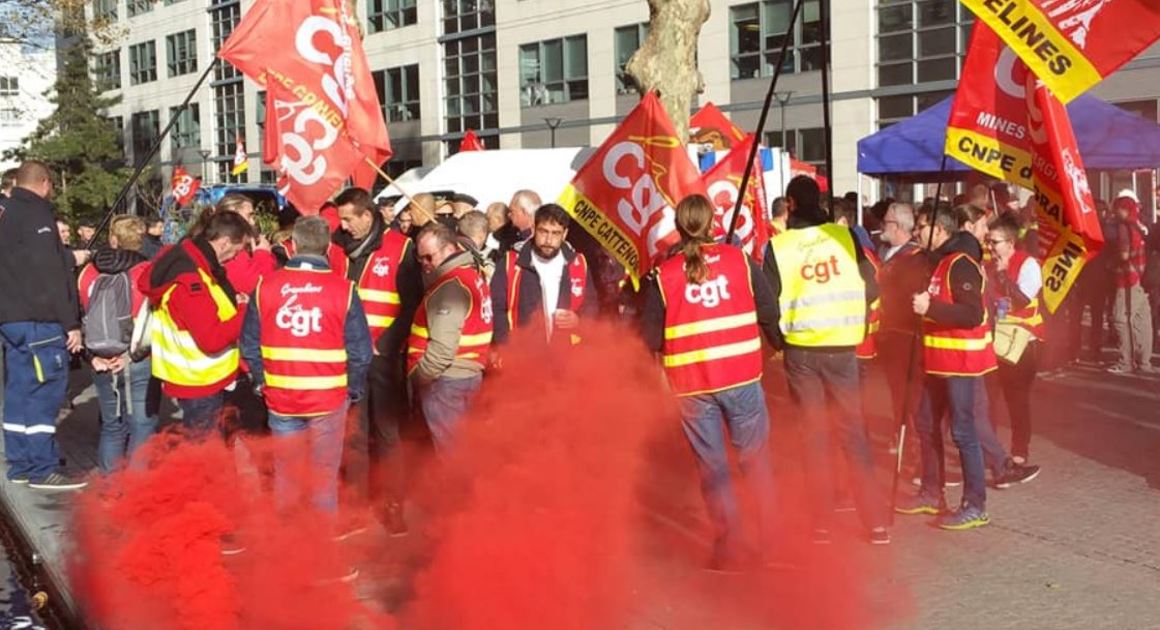- Tags (5)
Victory French unions win battle to preserve energy as a public service

The French state energy company, Électricité de France, also known as EDF, remains in public hands despite having been opened to private investment since 2014. The French government still owns 83% of the company. There is continuous pressure from the European Union Commission on France to break up (unbundle) this vertically integrated public utility. Unbundling is the first step towards privatisation and would allow energy multinationals and private investors to take profits out of the system.
The negative consequences of privatisation and the imposition of market logic into the public energy sector are clear in many countries – the priority is to extract the maximum profits in the shortest time, at the expense of workers, users, and overall system stability and reliability. Additionally, privatisation restricts the capacity to operationalise a comprehensive and urgent energy transition to respond to the climate crisis. Reports from Trade Unions for Energy Democracy (TUED) demonstrate that a for-profit energy sector will not make the investments needed in time and at scale to both extend universal access and to decarbonise electricity production.
A public EDF has been under attack for years. From the rumours in 2018 about a demerger project, to the disastrous project to breakup EDF, ridiculously named Hercules and then cynically renamed "Grand EDF".

France’s four main energy unions coordinated with allies to organise strikes, demonstrations, petitions, and a campaign to continuously communicate with the public and with elected officials at all levels of government.
The French FNME-CGT developed a full-fledged public energy alternative known as the ‘Progressive Energy Programme’, which maintains an integrated public utility and charts a course for solving the problems of the marketisation of the French energy system. FNME-CGT stated that, “We celebrate the knockout punch delivered to Hercules. The only aim of these manoeuvres is to extract juicy financial gains at the expense of consumers and EDF employees.”
This win is understood to be provisional. A victory in an ongoing war. The French government failed to agree to terms with the EU, a major setback for the Macron government’s reforms. Barclays investment bank analysts noted: “We continue to believe that ultimately there will be an agreement between the EU and France on EDF’s reorganisation.” In other words, the bankers want the privatisation to go ahead.
The attacks on EDF will likely resume after the next French presidential elections, scheduled for April 2022.
PSI works with our energy sector affiliates around the world in ongoing struggles to preserve energy as an essential service that should remain under public ownership and control. Essential services like energy, water, health, care and others, must remain public.
